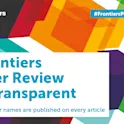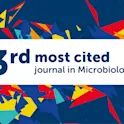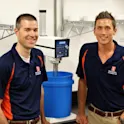
Open science and peer review
08 Dec 2017
Frontiers APCs: Structure and Rationale 2
In the past ten years since the founding of Frontiers, Article Processing Charges (APCs) have become widely accepted as the most transparent and sustainable mechanism of supporting Open Access publishing at high quality. As the sole source of revenue, Frontiers APCs are invested to hire expert teams, provide cutting-edge technology and high-quality services to support our community journals. Frontiers now employs 370 people across 6 countries and continues to release a new version of our Open Science Platform every two weeks, allowing us to ensure quality control and scientific excellence at scale. Experience has taught us that one APC does not fit all communities and we introduced differentiated APCs for our open-access journals two years ago. Specifically, we replaced a flat-fee structure across all Frontiers journals with a differentiated APC structure that takes into account the maturity level of a journal and differences in the level of research funding available in various disciplines. APCs went up for some journals and down for others. This allowed us to bring our formula of building widely read and highly cited impactful journals to a diverse range of academic communities, and it allowed us to subsidise many smaller and newly launched journals, ranging from […]












